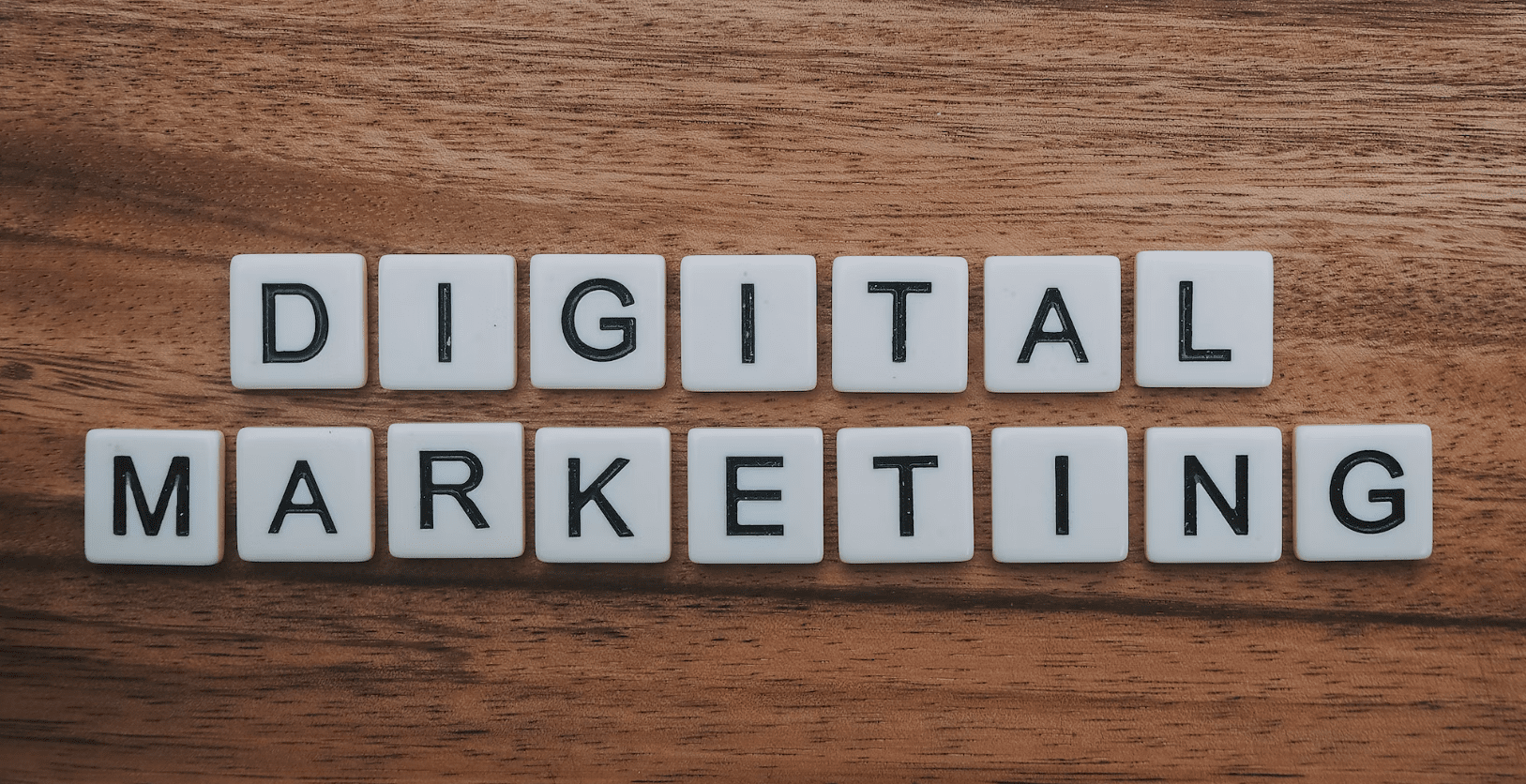
At the heart of it, digital marketing is all about leveraging the power of the internet and its many tools to reach customers. This has traditionally been done via search engine optimization, email marketing, and advertisements on websites.
As time progressed, the role of social media and social media influencers started gaining more importance. Soon, both these avenues were adopted and are now widely used in the marketing strategies of any respectable digital marketer.
The effects of such digital marketing can be transformative to any business. A good marketing campaign can take businesses to astronomical heights and provide a tremendous return on investment.
The field of digital marketing is one that is constantly evolving. It is the very nature of the digital world. This brings us to today’s topic. We are going to look at the future and see how modern approaches will change the field as we know it.
Conventional Approaches Just Aren’t Cutting It
The best form of coercion is one that is subtle enough that consumers aren’t even aware they are the target of advertising. Most digital marketing trends today are, unfortunately, overtly in your face, and people have grown tired of sponsored content.
Conventional approaches like email marketing strategies with promotional calls-to-action (which are still hailed as extremely effective) are likely to grow outdated.
This brings us to an important point.
Inexperienced digital marketers often fail to realize that a marketing strategy that does not adapt will fail.
Human beings are creatures of great pattern recognition, and consumers have become adept at filtering out most forms of overt advertisement. It is, thus, crucial that businesses learn about the need to create constantly evolving marketing strategies.
Learning to Deal With Constantly Changing Target Audiences
A side effect of technology and its growth is that it rapidly changes society. Before the rise of the digital world, market researchers could use data collected about a certain demographic for several years, sometimes even decades, for certain relatively stable and unchanging niches.
But in today’s world, we are witnessing how rapidly social change occurs. Research that was once relevant to an age group of 15 to 26 can quickly become relevant to middle-aged people in their 50s and 60s.
We are seeing a growing trend where demographic lines are starting to blur, and it becomes tough to target specific groups with marketing. Businesses now find it harder to make broad assumptions, and this is a wake-up call for digital marketers.
Digital marketers now face an urgent need to become much more reactive to changes caused by the advancement of technology.
Old-school digital marketing tactics that rely extensively on only email marketing and search engine optimization will quickly find themselves outclassed and left behind.
This shouldn’t come as a surprise, though. When your target audience can change behavior and preferences at any moment, it makes constant vigilance and monitoring of market trends an urgent requirement. It is one of the reasons why white-label SEO companies have grown so much in recent years.
It is no longer sustainable for companies to simply assign SEO responsibilities to an in-house employee or team that is already burdened with other marketing roles.
Contracting a white-label SEO ensures that your business’s presence is constantly being optimized for the ever-changing modern world by a dedicated team.
Changing How Influencers Present Sponsorships and Advertisements
As we mentioned earlier, consumers have grown tired and fatigued from being exposed to the same old marketing approaches.
Things have gotten so stale that people have developed browser extensions that automatically skip over parts of a YouTube video where the host starts talking about a sponsored product or service.
Do you see what is happening? Consumers are going out of their way to escape advertisements. It is a bad sign for any digital marketer who doesn’t realize it is time to evolve.
But hold on a minute. Aren’t direct product placements an inevitable part of marketing?
Yes, but not always.
Many social media influencers have started understanding how overt product placement has become repulsive to their viewers. These creators have now integrated marketing and sponsorships into their everyday life to create a more subtle and softer experience for viewers.
This approach is still noticeable to discerning consumers but is more palatable and acceptable to many. Such a strategy is mainly relevant to approaches that involve social media influencers, but the core idea can be adapted to other areas.
Interestingly, this isn’t a new technique. The old marketing styles of companies like Coca-Cola did exactly this and showed us the effectiveness of presenting products as part of a “lifestyle” and not as a singular entity.
Another good example would be the marketing strategy of the electric skateboard company “Boosted” to create an image of “Cool and trendy big city life.” They achieved this from the number of vloggers who never directly advertised the product but presented it as part of their modern and stylish lifestyle.
This type of marketing can also be seen in companies like Apple that don’t focus too much on direct advertisements.
The Inevitable March of Artificial Intelligence
No conversation about the future of digital marketing is complete without talking about artificial intelligence. Some might say that talking about AI in anything “future” related is a cop-out, but it is truly going to be one of the most powerful contributors to digital marketing.
Until recently, there was a lot of skepticism about artificial intelligence and its capabilities. This was due to the fact that the average person and the average business owner had little idea about its practical capabilities.
The rise of AI-powered chatbots like Chat GPT (obviously) and Google’s Bard (even if it had a rocky start) and the almost instantaneous worldwide adoption of the former has shown people that AI is a frighteningly powerful tool. It is going to change the world of predictive analysis, precise targeting, and much more.
With the power of AI and machine learning algorithms, advanced analytics will help digital marketers tremendously. We will see shifts in where businesses choose to invest their advertising budgets, along with an overall shake-up of the advertising industry. Those in the field should really be getting ready for changes.
Conclusion
Tech moves rapidly these days, and marketing strategies have a tendency to lag behind considerably. Being the first one to take advantage of modern advances has always given marketers the edge no matter which industry they work in.
It can feel safe and comfortable to stay with tried and true strategies, but seeing how swiftly changes are happening, it is a good idea to put more thought into your digital marketing strategies.












0 Comments